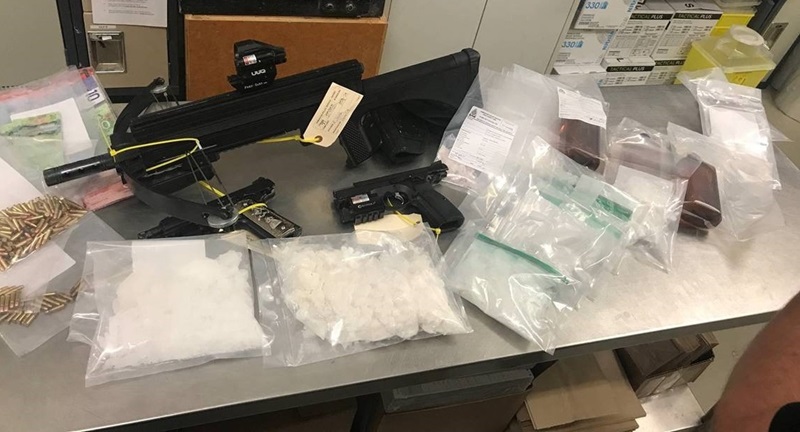Crime
Loaded gun, ammunition, knives, cross bow, and drugs worth almost $200,000 seized in Edmonton bust
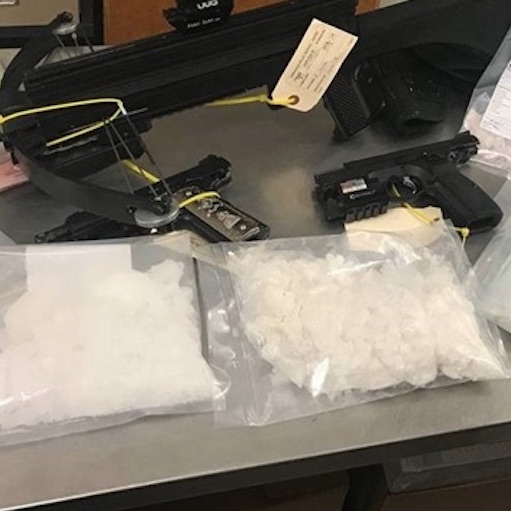
News Release from the Edmonton Police Service
Drug trafficking investigation leads to illegal drugs, weapons, stolen property
The Edmonton Police Service has seized illegal drugs worth more than $180,000 following a four-month long drug trafficking investigation.
In January 2021, EPS Disruption Team, with assistance from Alberta Law Enforcement Response Team (ALERT), entered into an investigation into the suspected drug trafficking activities of a 44-year-old male. On April 29, 2021, officers arrested Wade Rodger, 44, and Leah Sanche, 38. The two were travelling in a vehicle in which police located a loaded 9 mm handgun that was later found to be stolen, approximately 500g of Methamphetamine and $1,500.
Later that same day, police executed search warrants at a northeast Edmonton residence in the Abbotsfield area. David Berry, 39, was arrested at the residence, and a search of the property revealed:
- One loaded 9mm handgun with the serial number filed off
- Several hundred rounds of ammunition in various calibres
- 1.2 kg of methamphetamine
- 1.3 litres of GHB
- A small quantity of cocaine, LSD, fentanyl, magic mushrooms, various steroids and pharmaceuticals
- Restricted and prohibited weapons such as tasers, brass knuckles, throwing stars, throwing knives, a cross bow, and a suit of ballistic grade body armour
- Several catalytic converters
- Numerous documents containing multiple complainant’s personal information, such as credit card information and government mail
Weapons, drugs seized
The total value of the drugs seized in the investigation is more than $180,000.
Rodger, Sanche and Berry are facing 24 criminal charges related to drug trafficking, weapons and possession of stolen property. More charges are pending.
Crime
Canadian receives one-year jail sentence, lifetime firearms ban for setting church on fire
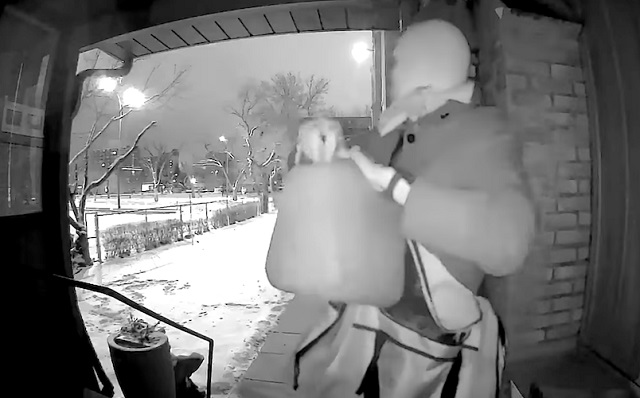
From LifeSiteNews
Jordan Willet was convicted of starting a blaze in February at Blessed Sacrament Parish in Regina, Saskatchewan.
A man who was charged with arson after trying to burn down a historic Catholic church earlier this year was handed only a one-year jail sentence for his crime but has also been banned from being able to possess firearms for life.
On April 9, a court sentenced Jordan Willet, 31, to 278 days in jail for intentionally or recklessly causing damage by fire or explosion to property and for not complying with a probation order. In February, LifeSiteNews reported that Willet had been arrested and charged with starting a fire at Blessed Sacrament Parish in Regina, Saskatchewan, on February 9.
He pleaded guilty to both charges and also received an 18-month probation sentence along with a lifetime firearm prohibition.
Over the weekend, Fr. James Hentges, the parish pastor, said he was “relieved he is in custody and is not a threat.”
The parish had posted footage of the February 9 attack on social media and put out a plea for anyone who had information on the event to report it to police.
The video footage of the attack, taken from a doorbell camera, shows Willet, in a mask, pouring fuel on the church before setting it on fire.
Fire investigators determined that the blaze was caused by a direct act of arson.
Since the spring of 2021, more than 100 churches, most of them Catholic, have been burned or vandalized across Canada. The attacks on the churches came shortly after the unconfirmed discovery of “unmarked graves” at now-closed residential schools once run by the Church in parts of the country.
In 2021 and 2022, the mainstream media ran with inflammatory and dubious claims that hundreds of children were buried and disregarded by Catholic priests and nuns who ran some of the schools.
Despite the church burnings, the federal government under Prime Minister Justin Trudeau has done nothing substantial to bring those responsible to justice or to stem the root cause of the burnings.
The claims, which were promoted by Trudeau among others, lack any physical evidence and were based solely on soil disturbances found via ground-penetrating radar.
In fact, in August 2023, one such site underwent a four-week excavation and yielded no remains.
Despite the lack of evidence, the Canadian Broadcasting Corporation (CBC) and others have continued to push the narrative, even running a report recently that appeared to justify the dozens of attacks against Catholic churches.
In January, Conservative Party leader Pierre Poilievre not only condemned the rash of church burnings in Canada but called out Trudeau for being silent on the matter.
Addictions
Liberal MP blasts Trudeau-backed ‘safe supply’ drug programs, linking them to ‘chaos’ in cities
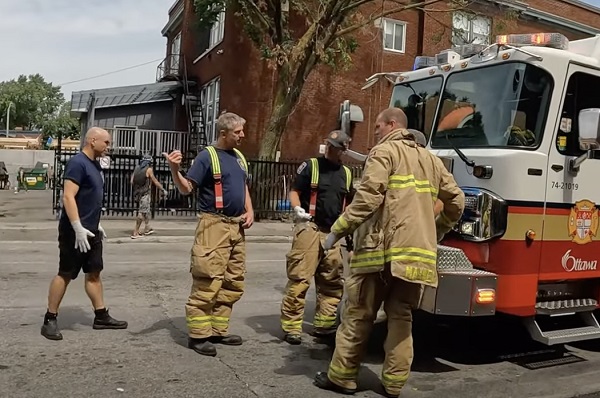
First responders in Ottawa dealing with a crisis Fridayman 0102 / YouTube
From LifeSiteNews
‘There is certainly the perception by a lot of Canadians that a lot of downtown cores are basically out of control,’ Liberal MP Dr. Marcus Powlowski said, before pointing specifically to ‘safe supply’ drugs and injection sites.
A Liberal MP has seemingly taken issue with “safe supply” drug policies for increasing public disorder in Canada, policies his own party, under the leadership of Prime Minister Justin Trudeau, has endorsed.
During an April 15 health committee meeting in the House of Commons, Liberal MP Dr. Marcus Powlowski, while pressing the Royal Canadian Mounted Police (RCMP), stated that “safe supply” drug policies have caused Canadians to feel unsafe in downtown Ottawa and in other major cities across the country.
“There is certainly the perception by a lot of Canadians that a lot of downtown cores are basically out of control,” Powlowski said.
“Certainly there is also the perception that around places like safe supply, safe injection sites, that things are worse, that there are people openly stoned in the street,” he continued.
“People are getting cardio-pulmonary resuscitation performed on them in the street. There are needles around on the street. There is excrement on the street,” Powlowski added.
“Safe supply“ is the term used to refer to government-prescribed drugs that are given to addicts under the assumption that a more controlled batch of narcotics reduces the risk of overdose – critics of the policy argue that giving addicts drugs only enables their behavior, puts the public at risk, disincentivizes recovery from addiction and has not reduced, and sometimes even increased, overdose deaths where implemented.
Powlowski, who has worked as an emergency room physician, also stated that violence from drug users has become a problem in Ottawa, especially in areas near so-called “safe supply” drug sites which operate within blocks of Parliament Hill.
“A few months ago I was downtown in a bar here in Ottawa, not that I do that very often, but a couple of colleagues I met up with, one was assaulted as he was going to the bar, another one was threatened,” said Powlowski.
“Within a month of that I was returning down Wellington Street from downtown, the Rideau Centre, and my son who is 15 was coming after me,” he continued. “It was nighttime and there was someone out in the middle of the street, yelling and screaming, accosting cars.”
Liberal MP Dr. Brendan Hanley, the Yukon’s former chief medical officer, testified in support of Powlowski, saying, “My colleague Dr. Powlowski described what it’s like to walk around downtown Ottawa here, and certainly when I walk home every day, I encounter similar circumstances.”
“Do you agree this is a problem?” Powlowski pressed RCMP deputy commissioner Dwayne McDonald. “Do you agree for a lot of Canadians who are not involved with drugs, that they are increasingly unhappy with society in downtown cores which are this way? Do you want to do more about this, and if you do want to do more about this, what do you need?”
McDonald acknowledged the issue but failed to offer a solution, responding, “One of the success factors required for decriminalization is public support.”
“I think when you are faced with situations where, as we have experienced in our communities and we hear from our communities, where public consumption in some places may lead to other members of the public feeling at risk or threatened or vulnerable to street level crime, it does present a challenge,” he continued.
Deaths from drug overdoses in Canada have gone through the roof in recent years, particularly in British Columbia after Trudeau’s federal government effectively decriminalized hard drugs in the province.
Under the policy, which launched in early 2023, the federal government began allowing people within the province to possess up to 2.5 grams of hard drugs without criminal penalty, but selling drugs remained a crime.
The policy has been widely criticized, especially after it was found that the province broke three different drug-related overdose records in the first month the new law was in effect.
The effects of decriminalizing hard drugs in various parts of Canada has been exposed in Aaron Gunn’s recent documentary, Canada is Dying, and in U.K. Telegraph journalist Steven Edginton’s mini-documentary, Canada’s Woke Nightmare: A Warning to the West.
Gunn says he documents the “general societal chaos and explosion of drug use in every major Canadian city.”
“Overdose deaths are up 1,000 percent in the last 10 years,” he said in his film, adding that “[e]very day in Vancouver four people are randomly attacked.”
-

 Business2 days ago
Business2 days agoBusiness investment key to addressing Canada’s productivity crisis
-
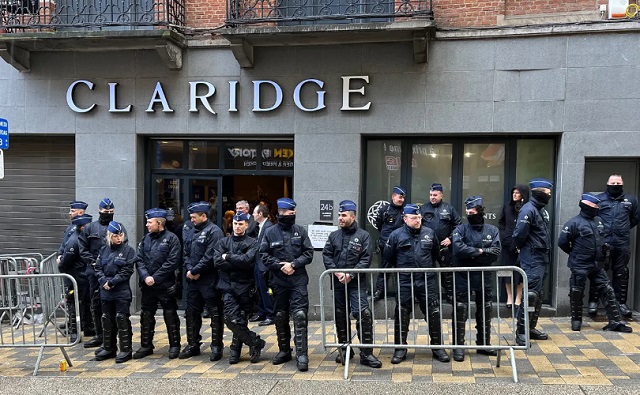
 International2 days ago
International2 days agoBrussels NatCon conference will continue freely after court overturns police barricade
-

 Jordan Peterson2 days ago
Jordan Peterson2 days agoJordan Peterson slams CBC for only interviewing pro-LGBT doctors about UK report on child ‘sex changes’
-
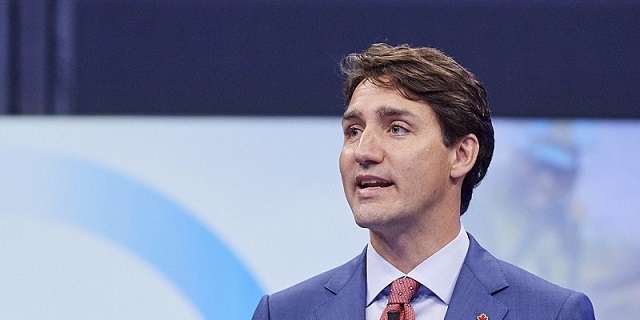
 Business2 days ago
Business2 days agoFederal budget fails to ‘break the glass’ on Canada’s economic growth crisis
-
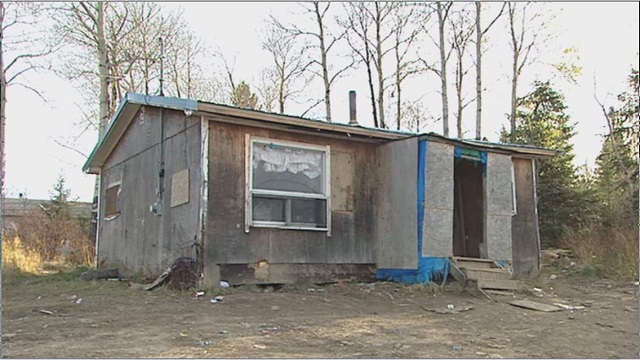
 Frontier Centre for Public Policy2 days ago
Frontier Centre for Public Policy2 days agoThe Smallwood solution
-

 Alberta1 day ago
Alberta1 day agoDanielle Smith warns arsonists who start wildfires in Alberta that they will be held accountable
-

 Economy2 days ago
Economy2 days agoFederal government remains intransigent on emissions cap despite dire warnings of harm
-

 Addictions2 days ago
Addictions2 days agoLiberal MP blasts Trudeau-backed ‘safe supply’ drug programs, linking them to ‘chaos’ in cities
